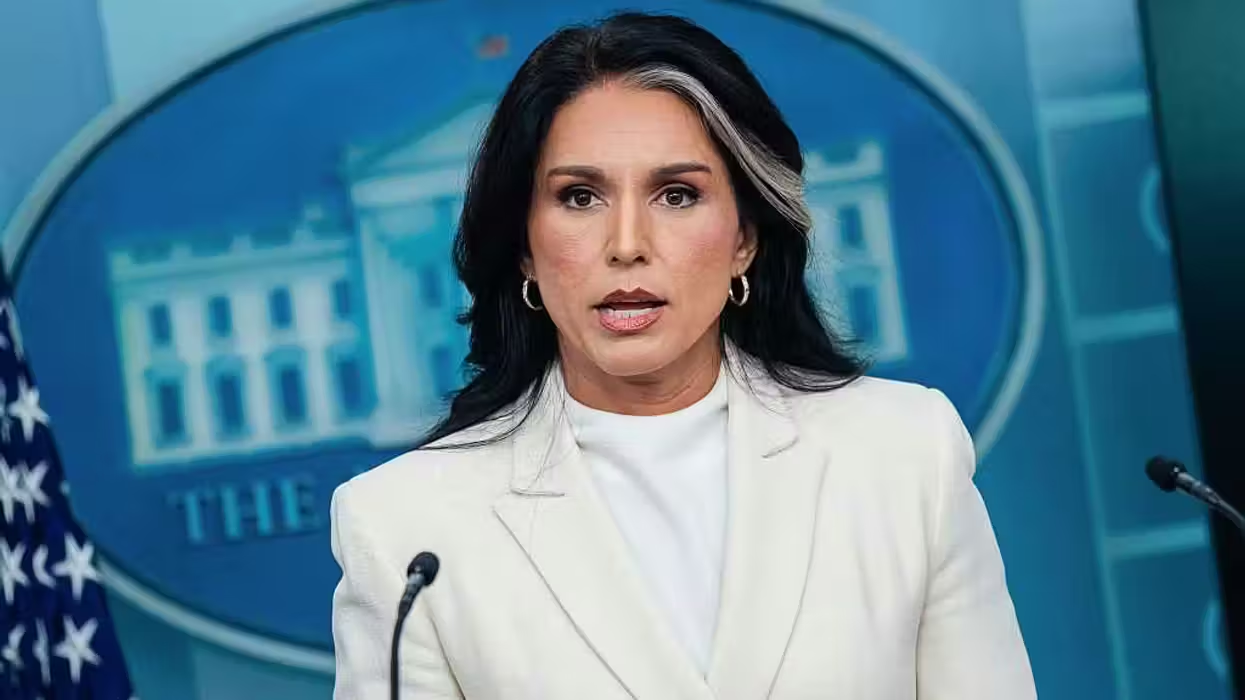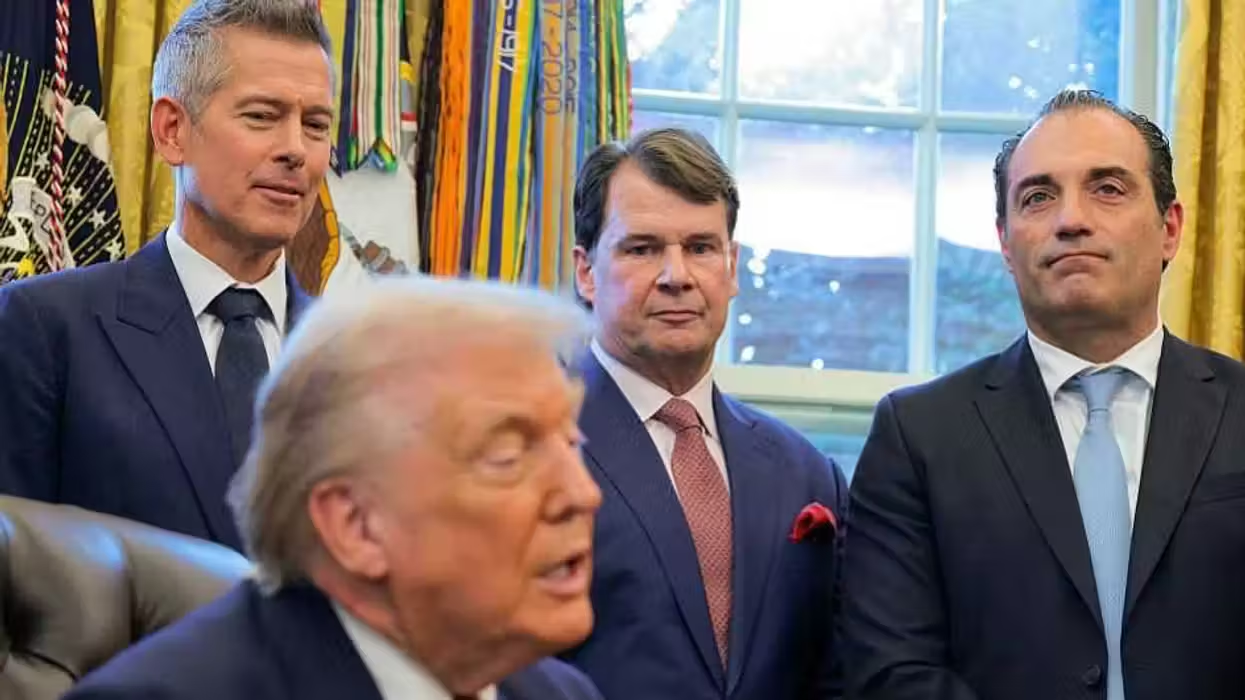
© 2025 Blaze Media LLC. All rights reserved.
"The British Government has run out of money because all the money was spent in the good years."
You know things are bad when your own Secretary of the Treasury, or the “Chancellor” as he’s referred to in the U.K., says you’re flat-out broke.
Chancellor George Osborne warns that there is very little a coalition can do to help resuscitate the U.K.’s financial health and says the best thing to do is “encourage businesses to flourish and hire more workers,” according to the Telegraph.
“The British Government has run out of money because all the money was spent in the good years,” the Chancellor said. “The money and the investment and the jobs need to come from the private sector.”
As the Telegraph's Rowena Mason points out, Osborne sounds an awful lot like Liam Byrne, the former chief secretary to the Treasury, who joked that Labour had left Britain broke when he left the Government in 2010.
He left David Laws, his successor, a note saying: “Dear Chief Secretary, I’m afraid to tell you there’s no money left”.
Osborne has come under severe pressure by members of British Parliament to figure out how to boost economic growth, despite the fact that his country is slipping into recession.
One option, championed by The Institute of Fiscal Studies, is for him to enact emergency tax cuts in the Budget so as to reduce the risk of a prolonged economic downturn.
However, Osborne has vowed to balance the books by refusing to borrow money.
“Any tax cut would have to be paid for,” Osborne told Sky News. “In other words there would have to be a tax rise somewhere else or a spending reduction. In other words what we are not going to do in this Budget is borrow more money to either increase spending or cut taxes.”
These sentiments have been echoed by Liberal Democrat Jeremy Browne, the foreign minister, who “warned that Britain faced ‘accelerated decline’ without measures to tackle its debt and increase competitiveness,” according to the Telegraph.
“This situation has been becoming more acute for years,” Browne adds. “It is now staring us in the face. So we need to take action.”
Browne also says that for government departments to avoid “collapsing under the weight of their own debt,” they need to get serious about reforming pensions, welfare and defense.
“Just because the spending was sometimes on worthy causes does not in itself mean it was affordable,” he says. “Doing nothing when your prospects are at risk of declining is not the safe option. More of the same may be superficially more popular in the short-term but that does not make it right.”
Of course, there is opposition to the “pro-business” growth model.
Chris Leslie MP, the shadow Treasury minister, said it was “wrong of the Chancellor to argue that Britain was broke and to rely on business alone to create economic growth,” according to the Telegraph.
“George Osborne can’t complacently wash his hands and claim the lack of jobs and growth in the economy is nothing to do with him,” he said. “He needs to realize that government has a vital role to play in creating an environment where the private sector can grow and create jobs [emphasis added].”
But considering the fact that the U.K. is broke and the IMF is in shambles, where -- other than business -- is Osborne supposed to turn to for economic growth? That is to say, how, exactly, does Leslie plan on growing the private sector and creating jobs if not by allowing businesses to flourish?
Want to leave a tip?
We answer to you. Help keep our content free of advertisers and big tech censorship by leaving a tip today.
Want to join the conversation?
Already a subscriber?
more stories
Sign up for the Blaze newsletter
By signing up, you agree to our Privacy Policy and Terms of Use, and agree to receive content that may sometimes include advertisements. You may opt out at any time.
Related Content
© 2025 Blaze Media LLC. All rights reserved.
Get the stories that matter most delivered directly to your inbox.
By signing up, you agree to our Privacy Policy and Terms of Use, and agree to receive content that may sometimes include advertisements. You may opt out at any time.






